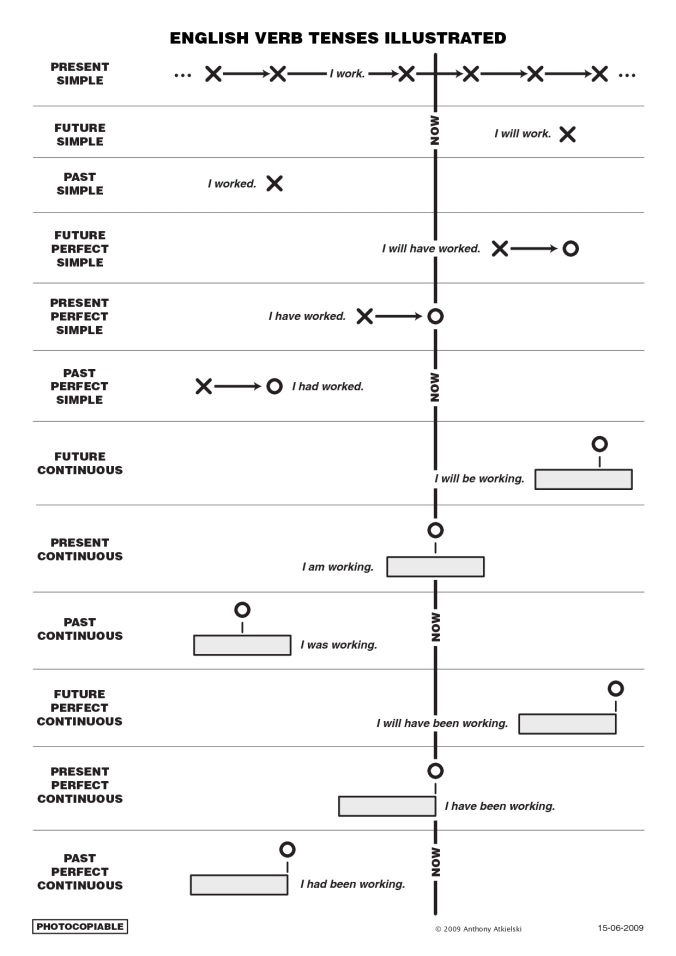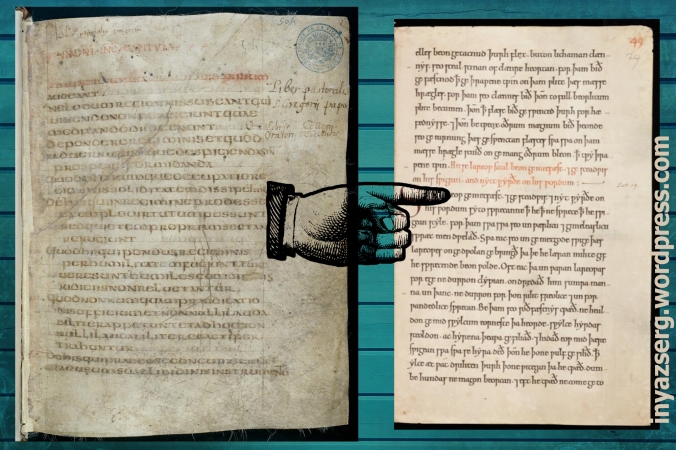I know that all of us have hard times talking about the past. I mean the moments when you have to choose between the Past Simple, the Past Continuous, the Past Perfect and so on. Which one do you use?
This article will help you to learn making the choice. You will still make some mistakes, but less of them.
Here is a site where you can practice using past tenses. Click it and you`ll see it. In fact, it is an article with a practice section below it, and, of course, it is a British site.
http://learnenglish.britishcouncil.org/en/english-grammar/verbs/talking-about-past
Also, here is a chart on different tenses to help you understand them through comparison:
13 July 2014
















